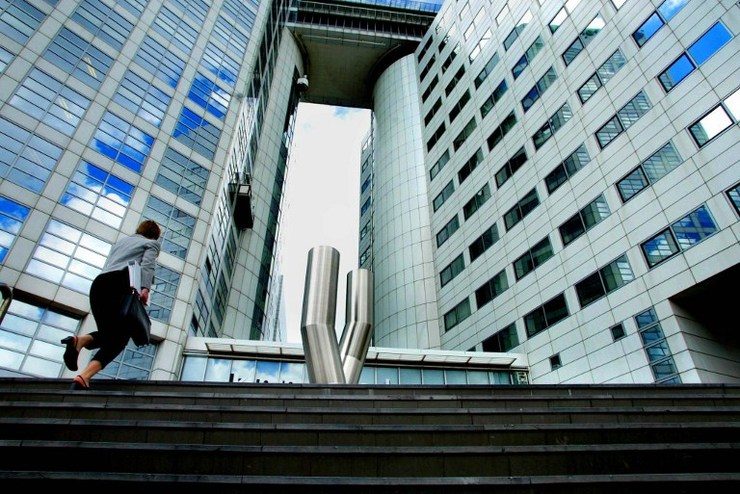SUMMARY
This is AI generated summarization, which may have errors. For context, always refer to the full article.

KAMPALA, Uganda – The International Criminal Court’s chief prosecutor travelled to Uganda on Thursday, February 26, following the arrest of a top commander of the brutal Lord’s Resistance Army rebels.
Rebel leader Dominic Ongwen, a child-soldier-turned-warlord in Uganda’s LRA, appeared before the ICC in The Hague for the first time in January, charged with war crimes and crimes against humanity.
ICC prosecutor Fatou Bensouda will tour northern Uganda on a 5-day visit, the court’s regional coordinator said.
“The purpose of her visit is to provide updates to government, officials, MPs, civil society organizations, the international community, diplomats and the affected communities of Gulu, Lira and Soroti about the work of her office,” Maria Mabinty Kamara told Agence France-Presse, referring to northern areas that were hardest hit by LRA attacks.
The LRA is accused of killing more than 100,000 people and abducting 60,000 children in a bloody rebellion launched in northern Uganda almost three decades ago.
Bensouda is also expected to meet with Ugandan President Yoweri Museveni, who in December called for African nations to quit the ICC, accusing the court of being used as a “tool to target” the continent.
However, Uganda is a signatory to the ICC, legally bound to support it, and Minister of International Relations Henry Okello Oryem said he welcomed the visit.
“We agreed as Uganda that we shall cooperate with the ICC so that the prosecution is successful,” Oryem told the Daily Monitor newspaper.
“Ongwen’s is a unique case. He was an innocent child who was abducted,” he said, adding that Bensouda “wants to understand these unique scenarios”.
Known as the “White Ant”, Ongwen was notorious for leading his troops on punishment raids, which often involved slicing off the lips and ears of victims as grim calling cards.
The LRA first emerged in northern Uganda in 1986, where it claimed to fight in the name of the Acholi ethnic group against Museveni’s newly established government.
But over the years it has moved across the porous borders of the region. The LRA shifted from Uganda to sow terror in southern Sudan before again moving to northeastern Democratic Republic of Congo, and finally crossing into southeastern Central African Republic and Sudan. – Rappler.com
Add a comment
How does this make you feel?
There are no comments yet. Add your comment to start the conversation.